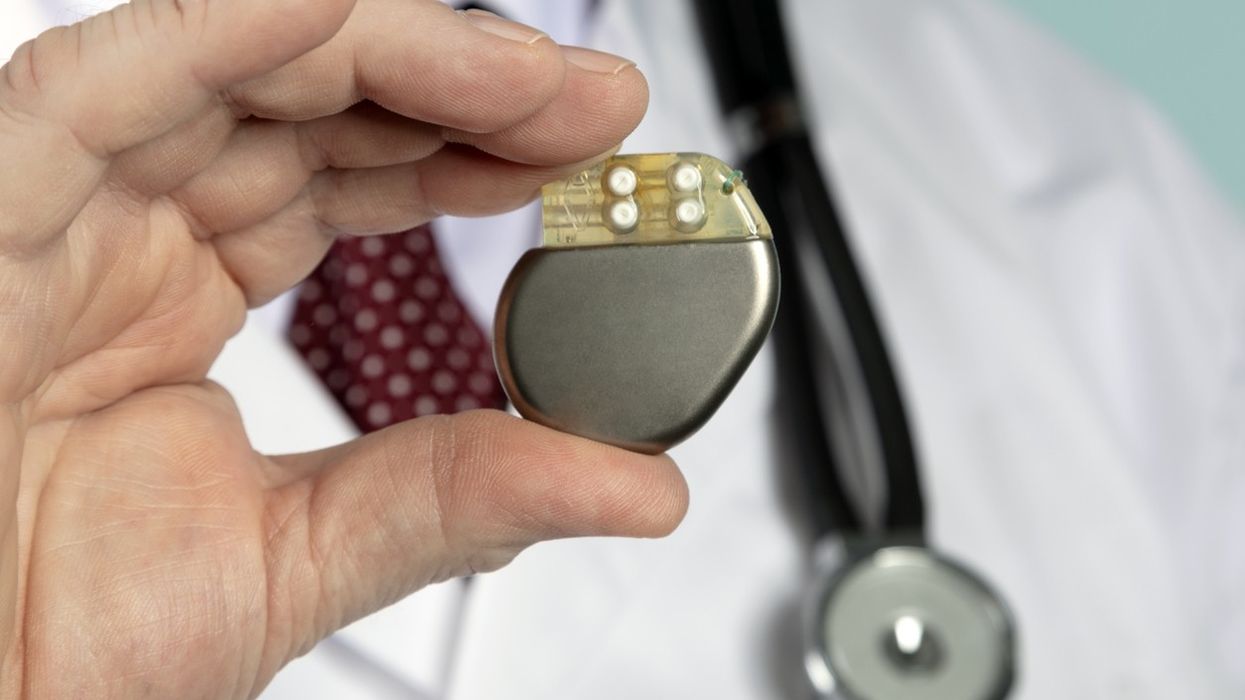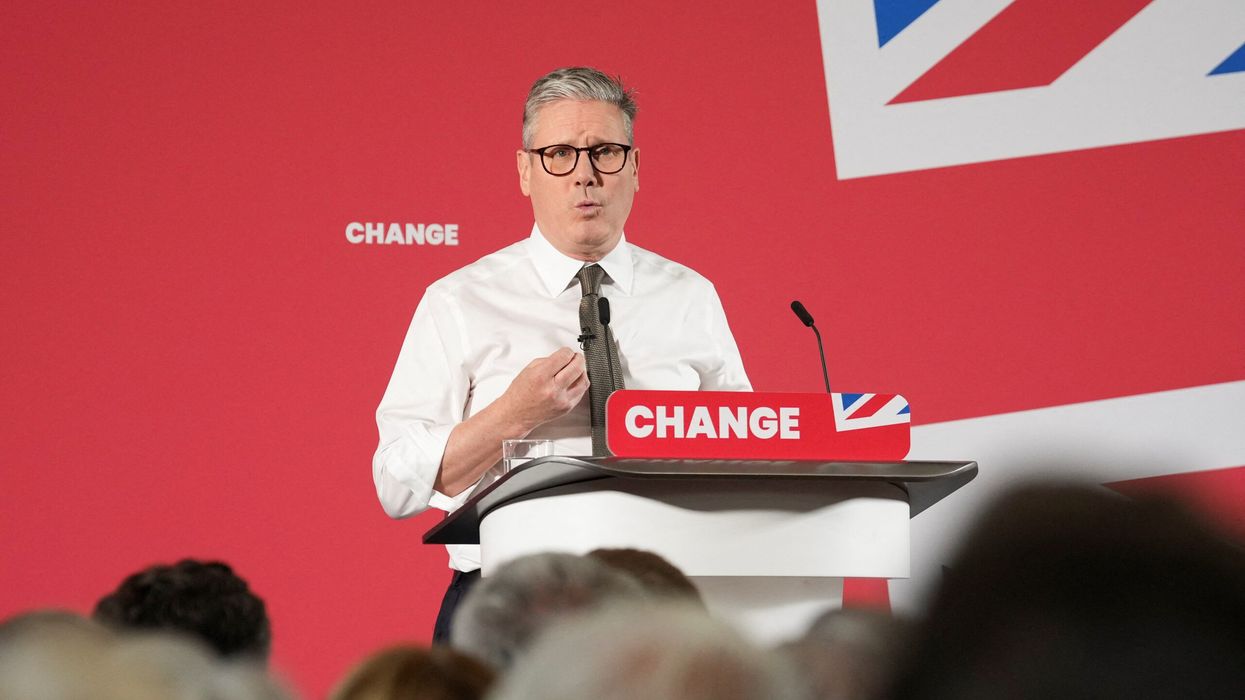Charity organisation Arrhythmia Alliance Pace4Life (A-A P4L) is sending a team of heart rhythm specialists to India to treat people suffering from arrhythmia, or irregular heartbeat.
Doctors from Milton Keynes Hospital Foundation Trust and North Middlesex University Hospital will treat 100 patients at the Sri Sathya Sai Institute of Higher Learning in Bengaluru and provide them with cardiac implantable devices and ablations.
The team is headed by Dr Mark Davies, consultant cardiologist and electrophysiologist, and Ragupathi Balasubramanian, chief cardiac physiologist, from Milton Keynes Foundation Trust.
The other members include Dr Irfan Kazi, cardiology specialty registrar at Milton Keynes Foundation Trust, and William Jesjuraj, chief cardiac physiologist from North Middlesex University Hospital.
Dr Davies said, “A-A P4L has provided us with the opportunity to make a real difference to those in need in India. Patients are travelling from all corners of the country to receive our help. We are ready for the challenge and want to break previous records by treating at least 100 people.”
Ragupathi Balasubramanian said, “It is an honour to assist Dr Davies in delivering such potentially lifesaving and life changing treatment that would otherwise not be possible for so many people.”
A-A P4L provides cardiac implantable devices such as pacemakers, and training to local cardiac teams to upskill or to establish new services in low and middle-income countries.
In the UK, approximately 35,000 individuals get cardiac device implants annually, and once the patient dies or if the device is no longer needed, it is discarded.
A-A P4L, along with an FDA-approved research programme in the US, recycles these devices with more than five years of battery life.
They are donated to low and middle-income countries, where around 2.5 million people die every year because they do not have enough money for these lifesaving devices and treatments.
A-A P4L began this mission in 2019 and it has grown significantly. The goal is to reach 600 overall implanted devices by the end of this year.












